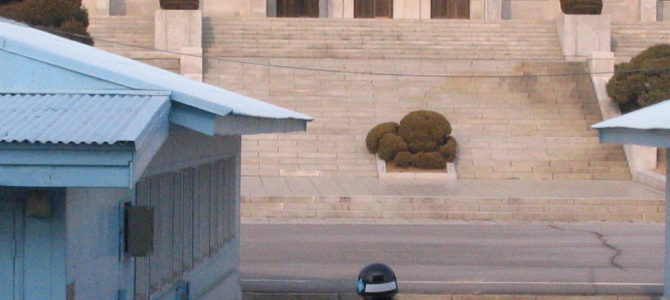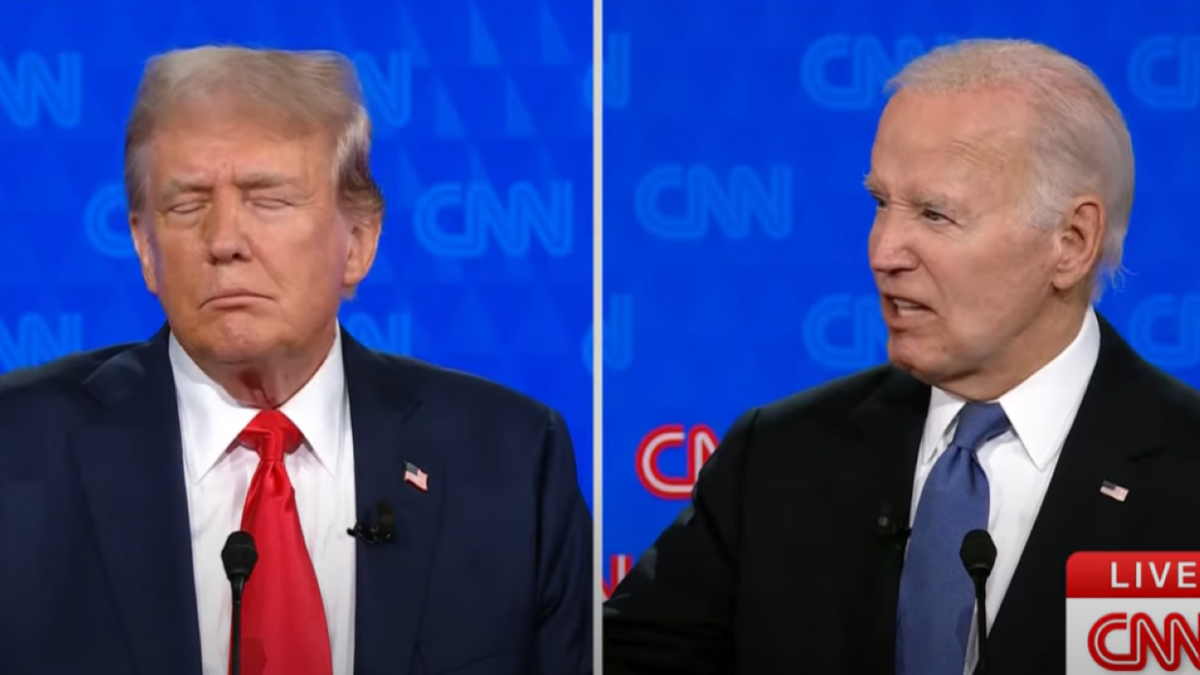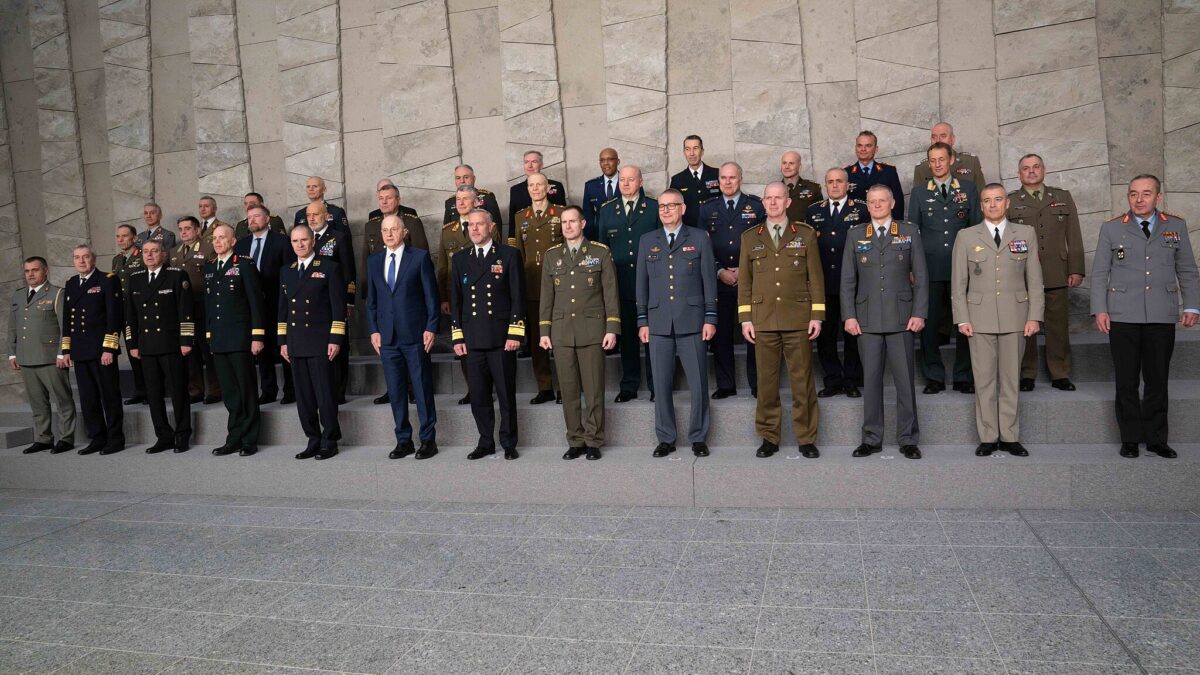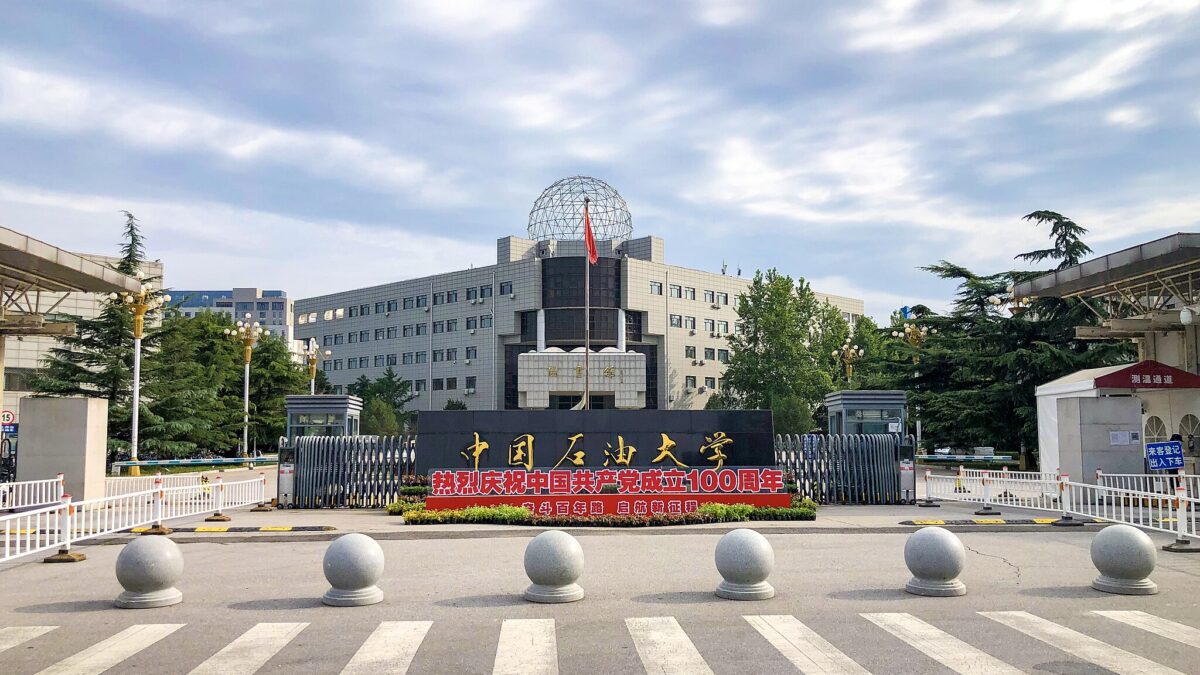
The last year has seen nonstop escalation of the North Korean nuclear crisis. Every month or two, the regime of Kim Jong Un has conducted a nuclear test or launched a ballistic missile, coming ever closer to its goal of mounting a nuclear device on the tip of a missile that can reach the United States. Last week there were a number of new developments.
In his annual New Year’s day speech to his impoverished people, Kim made an overture to South Korea, saying that he was open not only to talks but was also interested in sending a delegation to the Winter Olympics, which are being held in the South Korean city of Pyeongchang next month, just 50 miles from the North Korean border.
Seoul jumped at the opportunity. North and South Korea have scheduled high-level talks after more than two years of icy silence between the two neighbors, and without any mention from Pyongyang that it’s willing to give up its nuclear program. In a statement, the South said it “is ready to meet the North without limits on the timing, venue, and method of talks.”
None of this is very surprising coming from Seoul. Long before his election last year, South Korean President Moon Jae In said he would seek resolution with the North through dialogue, and apparently that’s what a lot of South Koreans want as well — after all, 40 percent of the votes went to Moon in last year’s election.
But what’s more surprising is what happened before these high-level talks between North and South were agreed upon. On Thursday, Moon and President Trump spoke on the phone for a half-hour. In the conversation, Trump agreed to postpone joint military drills that were planned to overlap with the Olympic games, something South Korea has been trying to get the United States to agree to for some time now. It was only after the postponement of these drills that North Korea agreed to high-level talks with the South.
This Indicates Trump Is Not a Mentally Instable War Monger
Trump’s decisions to postpone the drills is a significant refutation of the notion, popular among Democrats and the mainstream media, that Trump is trying to provoke North Korea into a military confrontation because he’s mentally unstable or some kind of a war monger.
Trump has been slammed for calling Kim Jong Un “little rocket man” and promising over the summer to bring down “fire and fury” on North Korea. After Kim’s New Year’s Day speech, in which he said that “a nuclear button is always on the desk of my office,” Trump responded by claiming that his nuclear button was bigger.
On Friday, however, Trump proved himself willing to work with U.S. allies to de-escalate arguably the most tenuous diplomatic impasse in the world right now. Despite all his bluster, he chose compromise, not force.
But that doesn’t mean last week’s developments are good news, exactly. So far, the Trump administration’s North Korea strategy has been to take a tough stance, arming its diplomacy and avowing not to come to the negotiating table without an assurance from the North that it’s willing to give up its nuclear program — something Kim did not mention in his speech last week. Nor are next week’s high-level talks with North Korea expected to include the topic of Pyongyang’s nuclear or missile programs.
The South’s acceptance of the North’s overtures without at least some acknowledgement from Pyongyang that it needs to disarm undermines America’s hard-line approach and exposes fissures in what ought to be a firmly united alliance against the dictatorial and dangerous Kim regime. According to the Wall Street Journal, it was the South that suggested delaying the drills. In exchange for no more “provocations” any time soon, the drills would be put off for an indefinite amount of time, although U.S. Secretary of Defense Jim Mattis said they would take place some time after the Olympics.
This is what China and North Korea have been proposing for years. Both countries have long said that the North would be willing to suspend its nuclear and missile tests only if the United States and its allies in the region first stop military drills in the region.America has long rejected this “dual suspension” proposal out of hand.
Does This Weaken the United States’ Hand Long-Term?
The White House last week insisted this is not a quid-pro-quo or the new normal, and that it firmly rejects the proposal to cease military drills as an inducement for Pyongyang to give up its nukes. Yet, from North Korea’s perspective, it seems like it just got the United States to bend — even if only a little.
Trump is celebrating the high-level talks, claiming it’s a result of America’s tough stance — and maybe it is. But wasn’t the point of taking a hard stance against North Korea that the United States could convince the Kim regime that the best, indeed the only option was to come to the negotiating table and put its nuclear program on the chopping block? By making even this mild concession, Trump could be weakening America’s negotiating position in the future, proving to the North and to China that America isn’t 100 percent opposed to suspended military drills being a part of the negotiating equation.
Then there’s the question of North Korea sending a delegation to the Olympic games next month, something that’s looking increasingly likely. If the South invites the North to attend these games, it would be a vindication of the Kim regime, legitimizing it to the North Korean people and hinting to other bad actors around the world that they can be as volatile as they want and that leading nations will still open arms wide.
But it would also be wholly appropriate. The Olympics were created to try to mend the world’s problems, to be a place where nations can come together in unity while finding a healthy outlet for their nationalistic impulses. In a way, they are supposed to offer an alternative to war. But they’re also a venue for world elites to feel good about the world without looking at its serious problems. If talks between Seoul and Pyongyang result in North Koreans being invited to participate in the Winter Olympics, it will be the crowning jewel in the utopic crown of the mythical ability of international institutions to resolve all world conflicts.
South Korea is desperate to avoid war, and the North knows it. The Kim regime sees that the Moon government is much more interested in diplomacy and much less interested in using force to bring Pyongyang to the negotiating table. But the South’s desperation could empower the North and prolong the nuclear crisis, or help make a nuclear North Korea a permanent reality.
Negotiations are badly needed and should be eagerly sought to resolve the North Korean crisis. But coming to the negotiating table without preconditions — such as a halt to nuclear tests — will be as fruitless as the past quarter-century of negotiations have been, and only buy North Korea more time to put a nuclear weapon on the tip of an intercontinental ballistic missile.









